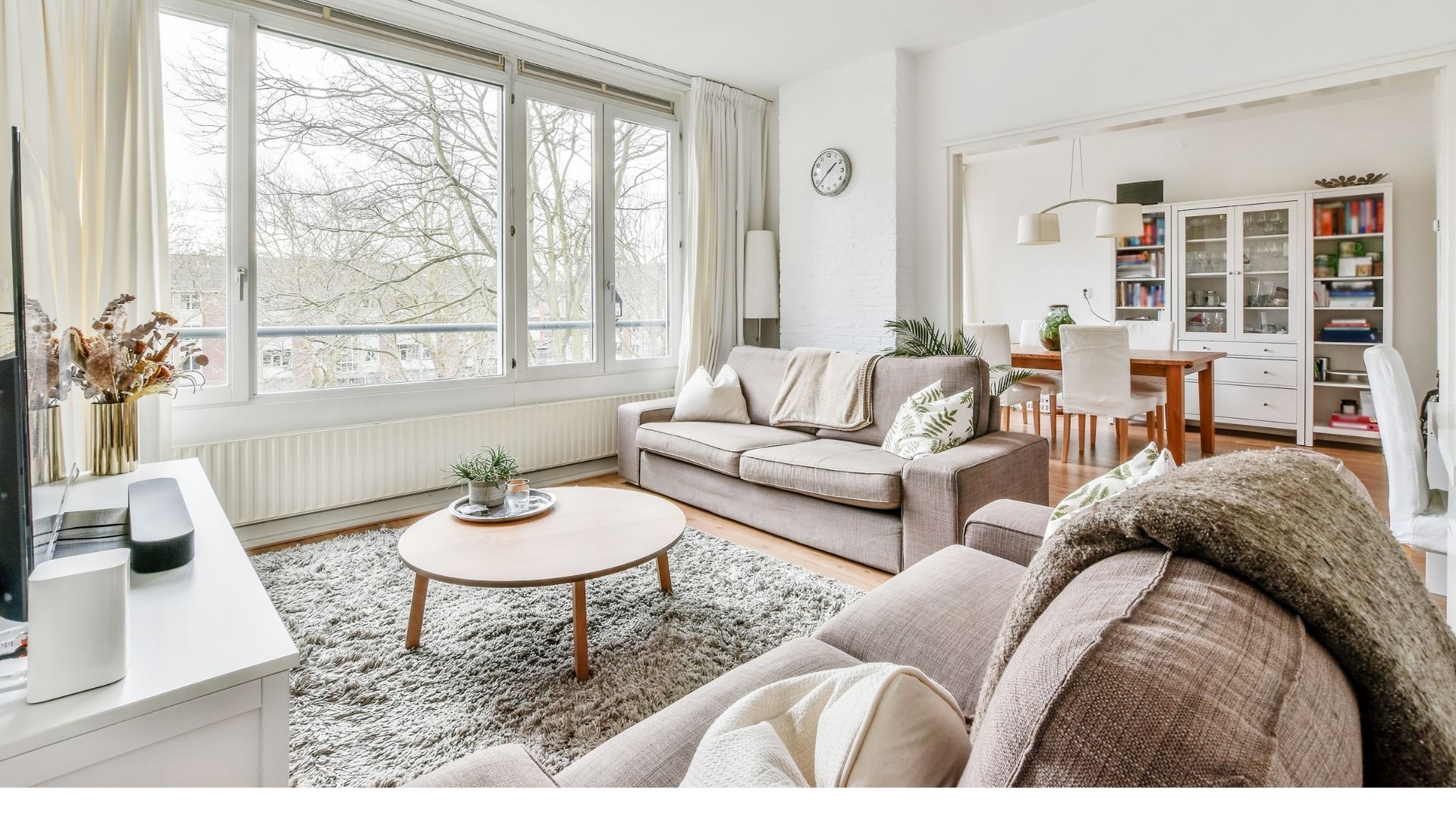Mortgage Options Into Retirement
Although it’s ideal to have your mortgage paid off by the time you retire, in today’s economy, that isn’t always possible. The cost of living is considerably higher than it has ever been, and as a result, a lot of Canadians are putting off retirement, hoping to make just a little more money to add to that nest egg.
So if you find yourself in the position where you’re considering your mortgage options into retirement, you’ve come to the right place. The advantage of working with an independent mortgage professional (as opposed to a single bank) is choice. When you deal with a broker, you won’t be limited to an individual institution’s products; instead, you will have access to considerably more options.
Here are some options available to older Canadians as they plan for mortgage financing through their retirement.
Standard Mortgage Financing
If you’ve got a steady income, decent credit, and equity in your home, there is no reason you shouldn’t qualify for standard mortgage financing which usually comes at the lowest interest rates and best terms. Even if you’ve already retired, some lenders use pension and retirement income to support your mortgage application.
Reverse Mortgage Financing
A reverse mortgage allows Canadian homeowners 55 years and older to borrow money from their home with no proof of income, no credit check, and no health questions. A reverse mortgage is a fabulous mortgage solution that has helped thousands of older Canadians to enhance their lifestyle.
Home Equity Line of Credit (HELOC)
A line of credit secured to the equity you have in your home is an excellent tool to allow you to access money when you need it, but not pay interest if you don’t. A lot of Canadians like the idea of rolling all their expenses and income into one account.
Private Financing
If you happen to be in a bit of a tight spot, you have a plan, but you need a financial solution, private financing might be the answer. Certainly not the first choice for many (typically higher interest rates) however private financing can provide you with options your typical bank can’t.
If you have any questions about securing mortgage financing into your retirement, please don’t hesitate to contact me anytime, I would love to provide you with options!
Katherine Martin
Origin Mortgages
Phone: 1-604-454-0843
Email: kmartin@planmymortgage.ca
Fax: 1-604-454-0842
RECENT POSTS






